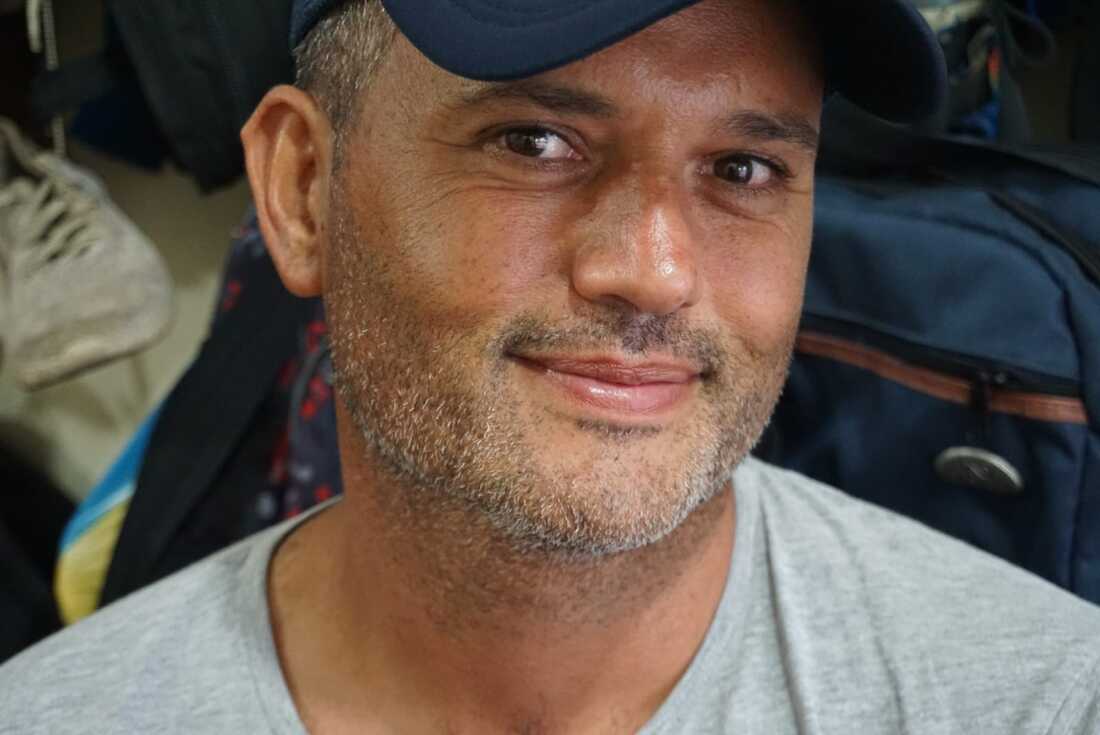 Your answer to that question will likely depend on your age. If you’re a young buck, you’ll probably feel like you fit six months into the last three. If you’re longer in the tooth, chances are your summer seems to have gone by in a quick blur – much like the rest of your year. Time is a fixed dimension. “Clock time” can be broken into minutes, seconds, and nanoseconds, and can be objectively measured. Even without an external chronometer to aid us, our internal clocks often do an excellent job of tracking time; if I asked you to guess the time right now, you’d probably be pretty close. Yet how we perceive time is not always so accurate. Depending on our circumstances, time may seem to contract or expand, speed up or slow down. Time will not only seem to expand during life-threatening situations, but also whenever we encounter something novel or do something new.But Doesn’t Time Fly When You’re Having Fun? There are two types of time perception: prospective and retrospective. Prospective time occurs when you’re in the moment, and your brain is anticipating what will happen next. When you’re busy and a lot is happening, “your mind is no longer attending to time at that moment — you’re not checking your watch or clock — so it seems like time is going by fast.” If you’ve ever been a waiter on a busy night, you know your shift can fly by — your mind is super focused on serving customers and what your next task is rather than on the clock.The flip side of prospective time occurs in situations that lack stimuli to engage your brain. If you’re in a boring meeting, or on a long flight, “your mind is deeply attuned to time because you’re always checking your watch every 10 minutes or so.” You have little else to do besides watch the minutes tick by, which makes time seem to slow way down. Once your mind reflects on what you’ve been doing (which happens pretty immediately), you transition into retrospective time. If you’ve been doing something boring and bereft of stimuli, your brain won’t have recorded much “footage” from the experience, and it will seem like a quick episode – a waft of cerebral nothingness – in your memory. If you look back on that boring meeting or long flight, it barely registers as a happening in your brain. How to Become a Time Wizard and Slow or Quicken Your Perception of Time When you’re young, everything is new – you’re constantly figuring out how the world works and learning the rules that govern nature and society. And you’re regularly engaging in “firsts”: first day of school, first time driving, first real job, and so on. With all this novelty, your brain is regularly laying down the kind of rich, dense memories that stretch out your perception of time. In contrast, when you’re an adult, you’ve pretty much been there and done that. You’ve discovered the patterns of life, and your day-to-day doings are likely much more routine and predictable. Your brain doesn’t have any reason to expend energy on capturing your repetitious and predictable morning commute, ceremonial eating of a ham sandwich at your desk at work, and nightly watching of Game of Thrones. “Nothing to see here,” your brain says, and its camera clicks off. Thus, when you look back on each week, month, and year, there’s very little footage to read out, and your life seems to have passed in a fleeting blur. Those who live a mundane, repetitious life are actually hit with a double whammy: in the midst of their boring day-to-day lives (prospective time), time seems to drag interminably on. Yet when they reflect on their lives (retrospective time), it seems to have sped by! Yet such a fate is not inevitable. The very cool thing about this research is that it shows us how easily time can be manipulated – how “rubbery” it is, as Eagleman puts it. You have it in your power to slow down (or speed up) your perception of time. You can’t literally make your life longer, but you can make it seem longer. All you need to do is regularly inject a little novelty into it. Think about the last time you went on a great, action-packed vacation. Dimes to donuts, at the end of the trip, you said something like, “We were only here a week, but I feel like we’ve been gone forever.” All that new adventure slowed down your perception of time. Even as we get older, we can still seek out new horizons and new “firsts.” You don’t have to do big things like traveling in order to stretch out time either. try things like:
When you reach the end of your days, and look back over the course of your life, you can either feel like you were just 18 yesterday and that the subsequent decades passed in the blink of an eye; or, you can run the tape on a seemingly never-ending stream of rich footage of your many adventures, your interesting everyday life, and the wealth of knowledge you accumulated. If the latter, instead of seeing your life flash before your eyes, you will enjoy the satisfaction of watching it languidly unfold and relish the sense of having fit several lifetimes into a single one.
0 Comments
|
Jesse Dubois
Enviromentalist Freedive Coach INSTRUCTOR TRAINER Archives
February 2024
|
 RSS Feed
RSS Feed





